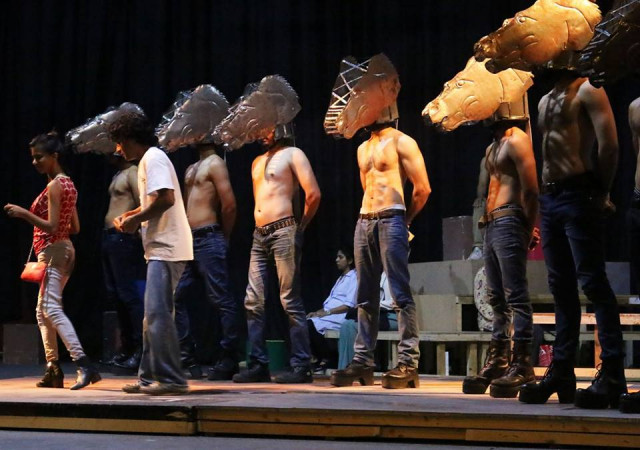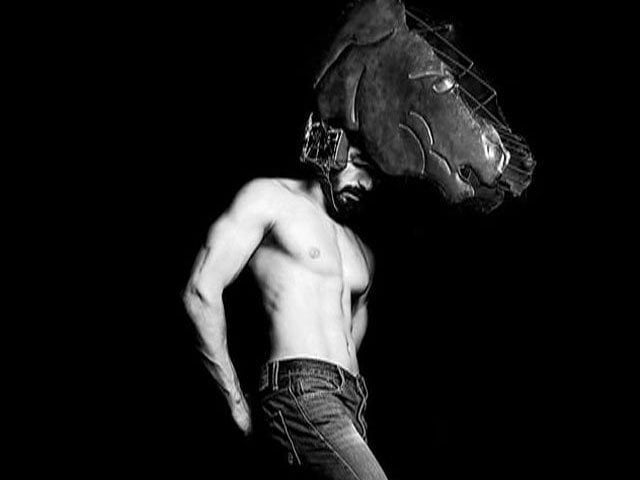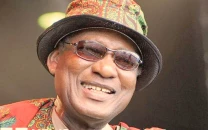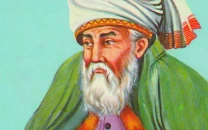Theatre play review: 'Equus' is an intense meditation on man and God’s relationship
This may not be Shankar’s best work, but it provides that rush you get after you get off a rollercoaster ride

Equus revolves around a psychiatrist Dr Martin Dysart (played by Nazarul Hasan) attempting to treat a 17-year-old boy Alan Strang (Ali Junejo), who has blinded six horses. As Dysart begins to understand the boy’s religious obsession with horses, he questions his own beliefs and struggles between personal and societal values.
Sunil Shankar to stage Peter Schaffer’s ‘Equus’ again after five years
The first thing one notices in the performance is that Junejo was miscast in his role of a teenage boy. And while it’s not a knock on his acting prowess, he obviously didn’t have the naivety of a teenager. His performance was intense enough to hook you in and keep you with him throughout the narrative, especially in the most dramatic of scenes where his memories come to life. Yet, throughout the play, he oozed a certain emotional stiffness that slightly adversely affected the performance.

But don’t get me wrong. The play still delivers in conveying what it wants. Hasan as the psychiatrist is brilliant. His consistency is what has made him an emerging star, and this is exactly what will take him to his destination. He never disappoints or lets his guard down. The supporting cast is also strong and must be equally commended, especially Saad Fareedi and Meher Jaffri, who in fact help elevate the Hasan and Junejo’s performances. And the movement and beat sync of the horses on stage, played by human actors (sorry, not real horses), was off, they must be appreciated for wearing the huge horse mask and maintaining their poise for nearly three hours.
‘Equus’: Saving the best for last
Equus has Shankar’s fingerprints all over it. This is something that can only be done as well as it was under his direction. The art direction is phenomenal. Very few sound cues are heard in the performance, but they were timed well and served their purpose in changing the mood and cueing the audience – reality to fantasy to reality. Though it must be said that the entire play keeps switching between the two.
At one moment, you’re engaged in the story, and the other, you’re wondering about a dialogue that has been uttered. Equus is all about this conversation with your self – a dialogue about man’s fascination with the idea of God, his moments of confusion when he is disgruntled with him and his alleged omniscience. It also triggers an existential dilemma and the idea that what’s normal for the society and for oneself may or mayn’t coincide.
All in all, Equus is a bit too long in duration but it is something that will introduce you to interesting ideas. A gentle reminder when watching the play would be to do so with an open mind and be prepared to be provoked. The duration may put you off, but keep at it until the end and you’ll walk out with a rich experience. This may not be Shankar’s best work, but it definitely provides that rush you get after you get off a rollercoaster ride.



















COMMENTS
Comments are moderated and generally will be posted if they are on-topic and not abusive.
For more information, please see our Comments FAQ